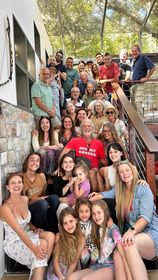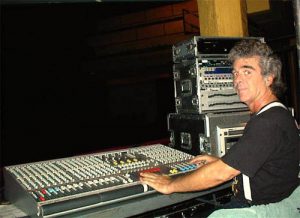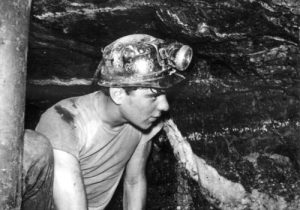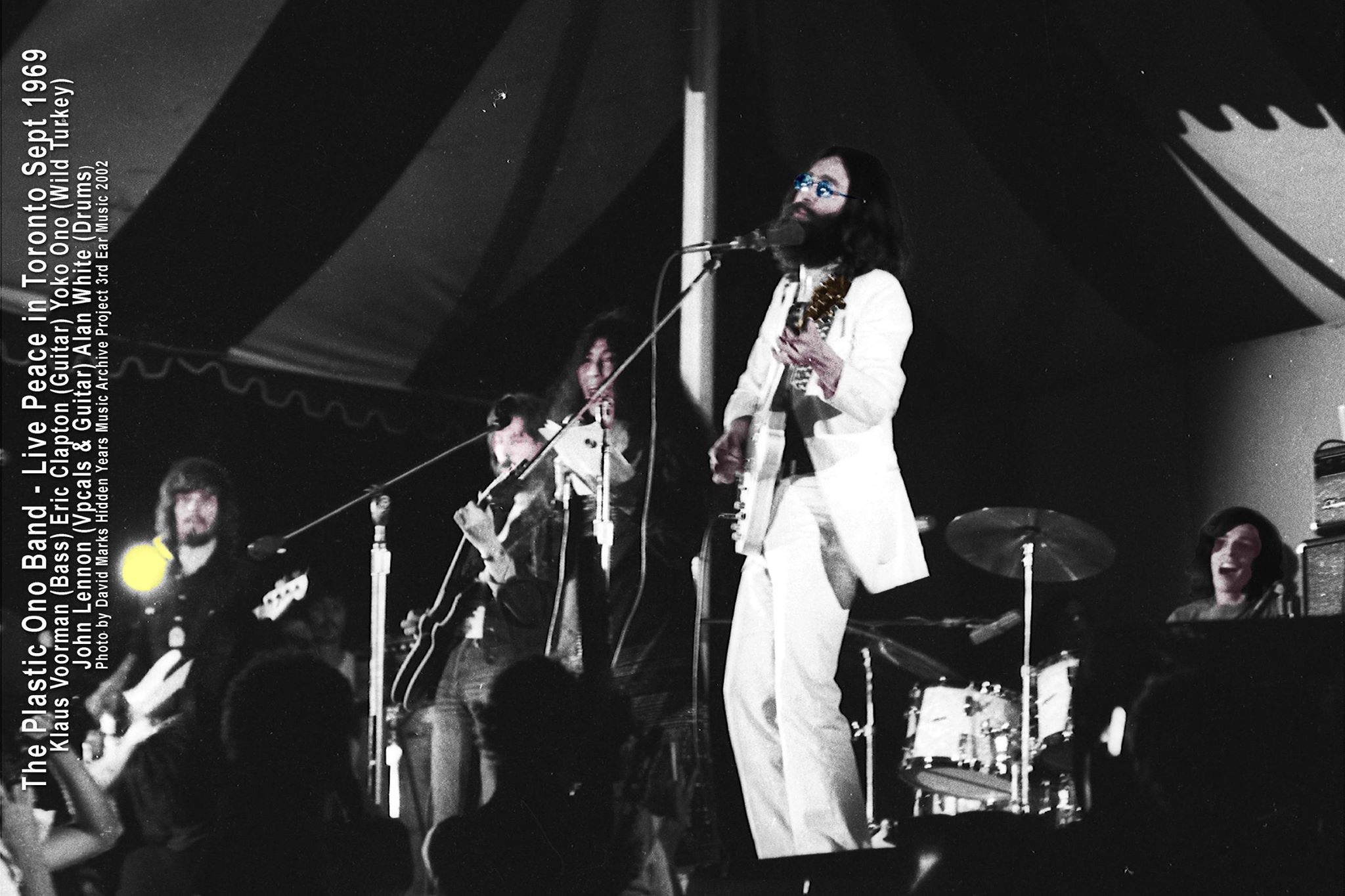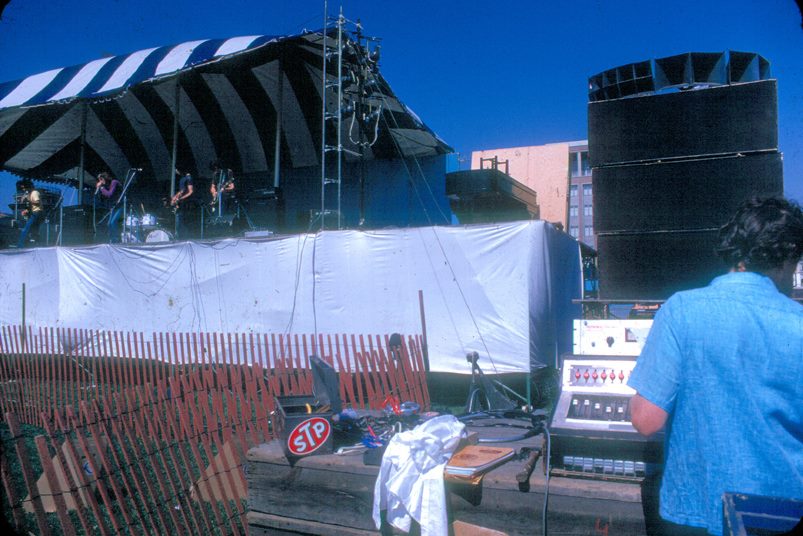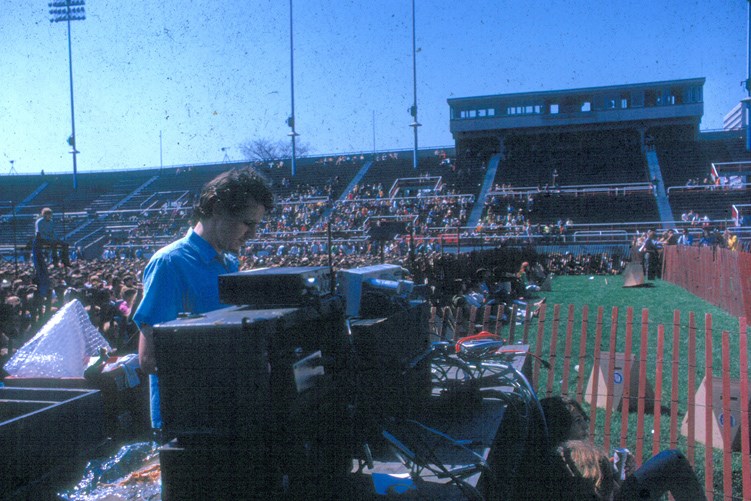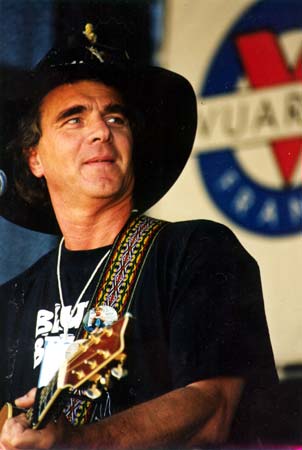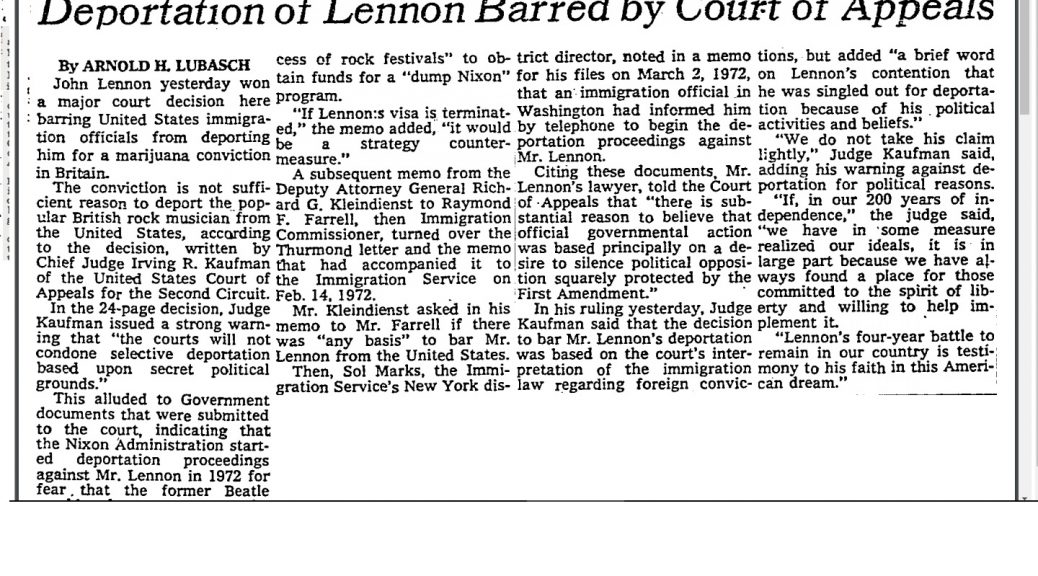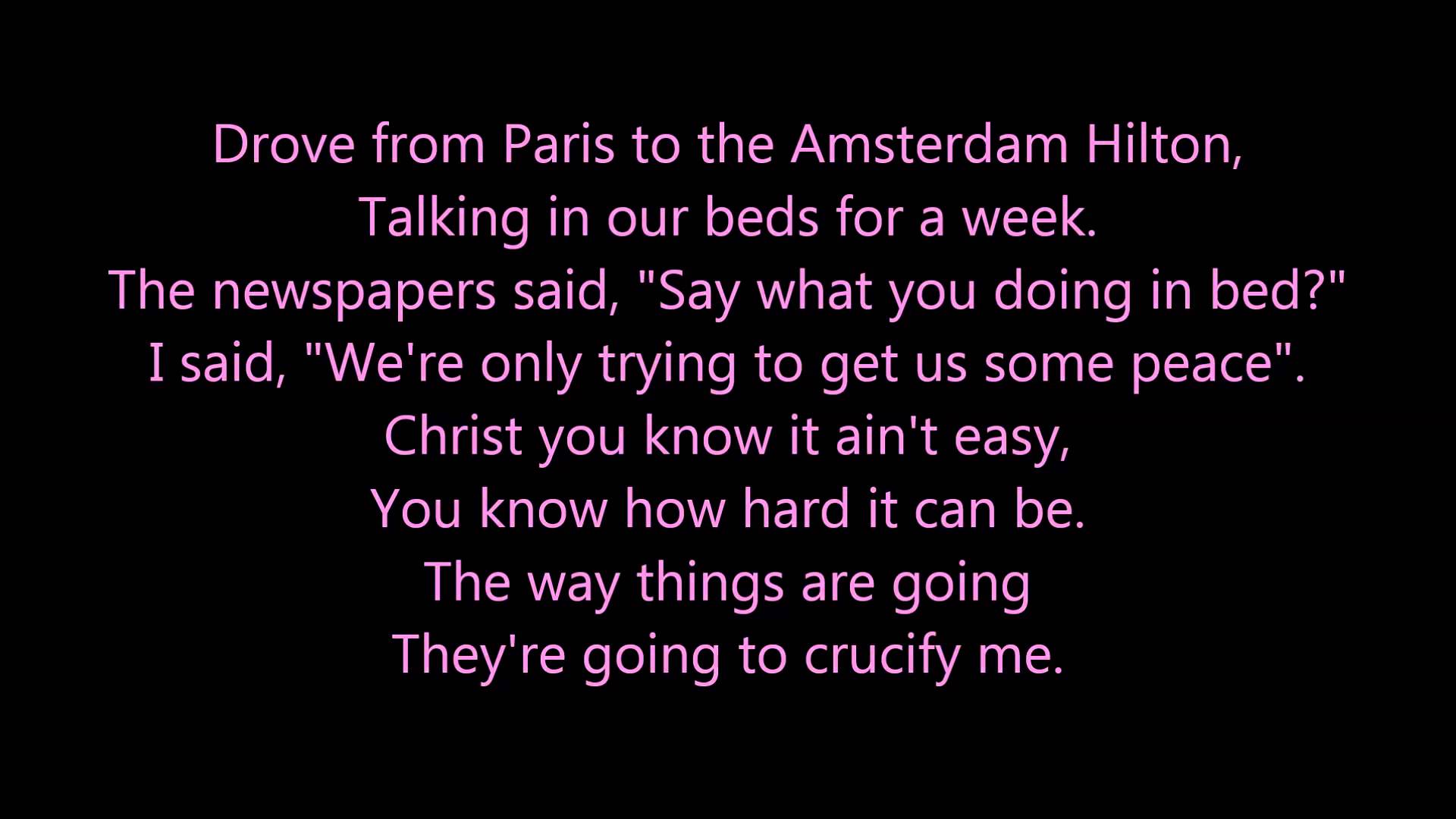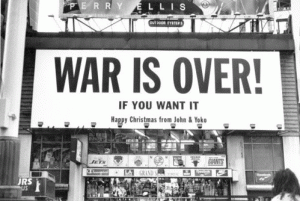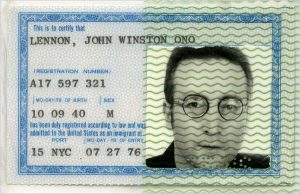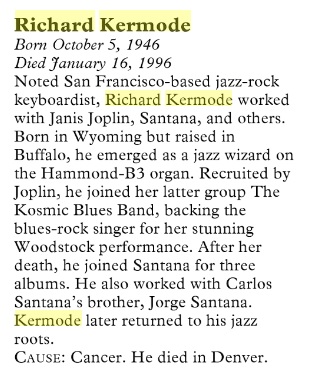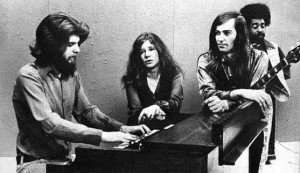David Marks Music Director Producer Archivist
Social media have revised the old notion that we are all only 6 degrees of separation apart to three or four perhaps.
My September 13 blog entry was on the Toronto Rock and Roll Revival. The festival was not selling many tickets until the organizers announced that they’d booked John Lennon to play. Then there weren’t enough tickets.
Through that blog entry, a David Marks and I have exchanged messages.
Miner
David Marks is from South Africa. In the beginning, he worked in a gold mine and wrote songs there. One of them, “Master Jack” became a hit in 1968 for the Four Jacks and a Jill. They also had a hit with “Mr Nico”
David Marks Music Director Producer Archivist
Bill Hanley roadie
In 1969, David worked for Bill Hanley Soundman Extraordinaire. Of course 1969 will ring the Woodstock bell for many who read this blog regularly and Marks was there with Hanley. And on September 13, Hanley and crew were in Toronto.
David Marks Music Director Producer Archivist
His remarks
David recently shared a picture he took during that concert:
He added the following comment:
September 1969 – Live Peace in Toronto…. How time flies when you’re in the rocking chair. 2 S Africans were involved for Bill Hanley sound. It was my first real full festival mixing gig. Just before lunch time – in the stadium packed with over 50,000 – Bill walked away from the desk… I said hey Bill where’re you going… gonna find some Southern fried chicken in Toronto he said. (His favourite food back then). Who’s mixing I cried, above the polite applause as Tony Joe White took the stage… you are, Bill screamed back over the din. And from then on it was me and every rock band that I was brought up on in Africa; that is until the Doors engineer took over. But not before I’d finished with John Lennon & The Plastic Ono Band. Truth is… I wouldn’t budge or let anybody near the desk for that entire afternoon. And Bill graciously let me handle it. Even the famous ‘feed back’ incident with Yoko Ono did not deter me from hogging the mix.
Let me name drop BIG TIME. Jerry Lee Lewis, Lord Sutch, Bo Diddley, Alice Cooper, etc… from where I shot countless pictures with my Pentax Spot Matix. (No flash – 400 ASA & a telephoto lens… such as they were back then.) Also shot a few slides from a borrowed roll of film… that I bummed off a passing journalist. I mention all this, because these notches on my sound belt eventually led to a 40 year sound career back in Southern Africa.
Oh… and the other S African? From Malmesbury in the Western Cape…Jimi Hendrix’s recording & sound engineer & one time manager: Eddie H. Kramer. As with Woodstock, Eddie & his partner Lee Osborne, recorded the film sound track back stage, from a split feed from out of our stage box onto 2 linked Ampex 4 track decks, if I recall. And no, I did not mix sound at Woodstock, as urban myth (and the University overview) claim. I was a Hanley Sound roadie. Thanks again Bill Hanley… the Father of Festival Sound. Hail Hail Rock ‘n Roll.
David Marks Music Director Producer Archivist
And…
Forgot to mention the mix for… Alice Cooper, Louisiana Zydeco fiddler Doug Kershaw & the Queen of Rock ‘n Roll… Little Richard. All three show stoppers. (Standing on the grand piano that Jerry Lee Lewis had kicked out of tune, Little Richard declared: Elvis may be the King of Rock ‘n Roll honey, but I’m The Queen.)
David Marks Music Director Producer Archivist
Plastic Ono Band…
Yoko got under a sheet & I didn’t know she had a mic… but I heard this turkey warble & when the feedback started I couldn’t ID the source… suddenly someone shouted at me “… it’s under the sheet…. it’s under the sheet.”
30 years later when 3rd Ear Music brought Crosby, Stills & Nash to South Africa, Bill Siddons was their manager… he was the Doors’ manager back in ’69 and they were about to follow John & Yoko. Bill came out front to check the mixer / desk when the feedback thing happened. Sitting around a breakfast table in Sandton in 1996 I’m bragging about this infamous incident… Bill starts laughing. Don’t tell me that you were the sound guy I shouted at? Blush! Go figure.
David Marks Music Director Producer Archivist
John Yoko South Africa
One reply to the post asked about John & Yoko in South Africa in the 1970s?
Too true. They spent most if the time in Cape Town… so we believe. In fact the taxi driver that John booked wrote about it a few years later. They became friends. John visited Cape Town a few times if the urban myths are to be believed. No I didn’t meet John or Yoko… not even when I mixed for the Plastic Ono Band in ’69.
David Marks Music Director Producer Archivist
More Bill Hanley
David Marks also added a couple other pictures to the thread:
Bill Hanley … a better view of the ‘home made’ Hanley mixer. Setting up in the morning, Toronto 1969, and sound checking with a local band of student rockers. Can’t recall who they were. But you can see the speakers stacks a bit more clearly. And today the kids want 48 channell splitboard mixers with on-stage monitoring for 100 clubbers… and there Bill Hanley was… some 12 channels for 50,000, with an aux-mix stage feed for monitors? Go figure.
And…
Bill Hanley early morning setting up the mix at Live Peace in Toronto.
David Marks Music Director Producer Archivist
3rd Ear Music and the Hidden Years Music Archives
In a future posts I’ll try to cover some of David Marks’ current musical involvement particularly with 3rd Ear Music and the Hidden Years Music Archives.

